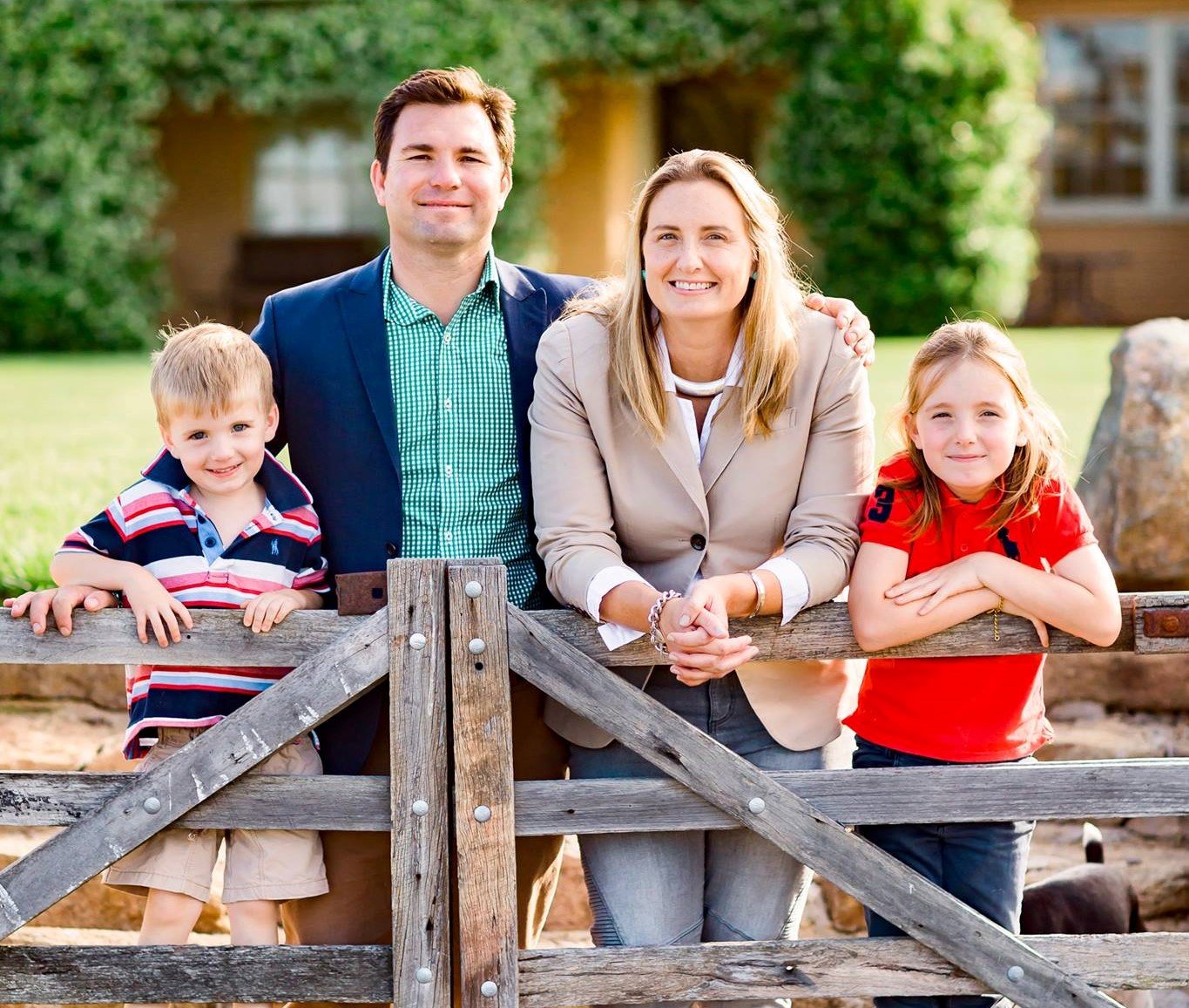 There’s a rich, indelible history to family farms. It’s intertwined with our local communities, woven over hundreds of years. Generations, ideas and individuals move forward together with our rural towns to sustain them long into the future. So what happens when the family farm comes to a crashing halt?
There’s a rich, indelible history to family farms. It’s intertwined with our local communities, woven over hundreds of years. Generations, ideas and individuals move forward together with our rural towns to sustain them long into the future. So what happens when the family farm comes to a crashing halt?
Whether you were born into it, married into it, or work for a family farming operation, the rewards are unique. The farm’s successes are yours, the wins are felt deeply. They also come with challenges that can’t be solved with a quick email to HR. Tensions, insecurities, new partnerships and long-standing conflict can bring a family’s future to its knees.
It’s at this point that Troy Constance, CEO of Sprout Ag says many families reach out for help through succession planning.
“Unfortunately a lot of the time we’re first seeing families is when there’s been a breakdown in communication but certainly we also get families who are proactive and want to articulate a plan going forward,” he says.
“By far the main cause of issues within the family is the current generation not being able to articulate that plan and that leads to expectations or miscommunications.”
Whether it’s a new marriage, family members returning to the business or three generations working together, Troy says there’s always a catalyst for clients making that first phone call. From there, Sprout Ag works through an eight-step program with clarity always at the head of the table.
“We’re very big on making sure there’s communication and structures in place and that there’s harmony in the family,” Troy says.
“Rather than worry about whether they’ve got the right trust for example, we’re more focused on where this business is going and how this family works together. We focus on leading schedules and separating the ownership, the business and the family.”
If there’s one constant in farming, it’s that nothing remains the same. Drought, new family members, or a death in the family ensures succession planning isn’t a one hit wonder. Troy recommends families regularly check the structures they have in place to ensure a strong future.
“The research shows that farms in families who have completed succession planning are more likely to go into the next generation but where there’s zero planning and it's very reactionary, there's a much higher chance that a family business will be sold,” he says.
“I feel like it's absolutely imperative now, particularly as farm asset prices have risen and farming businesses are getting larger, the requirements to have an active transition plan is really critical to long term success.”
Working with farming families dating back as far as seven generations means there’s not much Troy hasn’t seen.
Surprisingly, he says money isn’t always a driving factor for families - it’s emotions and a genuine love for the land that either unites or divides. Guiding people through these complex issues brings widespread rewards.
“When you’re able to help people get through this, it’s not only personally hugely satisfying, but small communities need family-owned farming businesses to survive and we want to be able to give them that.”
Website: www.sproutag.com.au
 Results
Results
